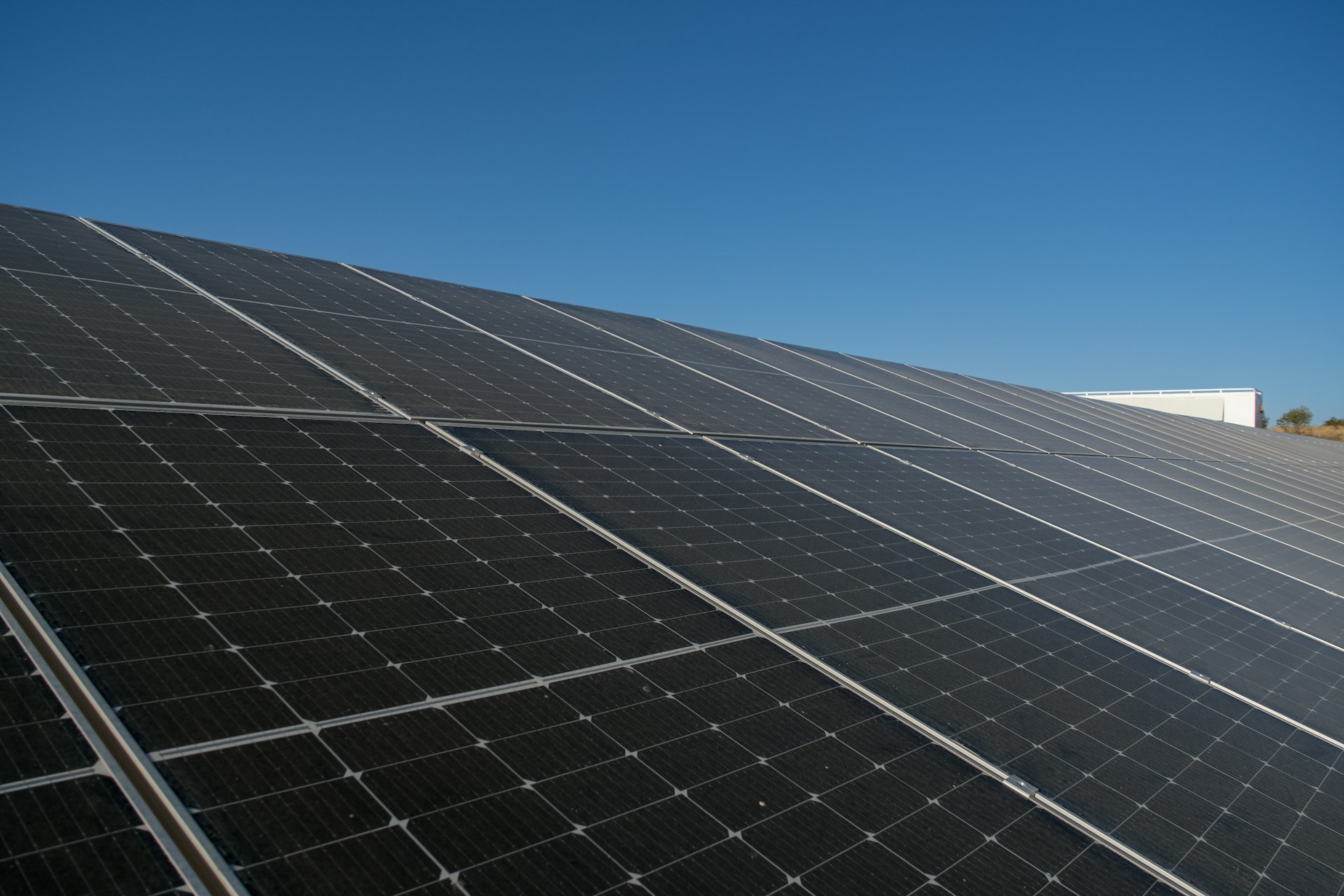
Solar Panels for Factories: Sustainable Energy Solutions for Manufacturing
In today’s competitive manufacturing landscape, factory owners and industrial managers face mounting pressure to reduce operational costs while meeting sustainability targets. Solar panels for factories represent one of the most effective solutions, offering significant energy savings alongside substantial environmental benefits. This comprehensive guide explores how industrial solar installations can transform manufacturing facilities into energy-efficient, future-ready operations.
The Business Case for Industrial Solar Installations
Manufacturing facilities typically consume enormous amounts of electricity, with energy costs often representing 15-20% of operational expenses. Solar panel installations can dramatically reduce these costs while providing predictable energy pricing for decades.
Financial Benefits of Factory Solar Systems
- Reduced Energy Bills: Industrial solar systems can offset 30-100% of electricity consumption depending on roof space and energy requirements
- Return on Investment: Most factory solar installations achieve ROI within 3-7 years, with systems continuing to generate free electricity for 25+ years
- Protection Against Energy Price Increases: Lock in energy costs and reduce exposure to volatile electricity markets
- Enhanced Property Value: Commercial properties with solar installations typically command higher values and attract sustainability-focused tenants
For comprehensive financial assessments tailored to your manufacturing facility, Solar Panels for Factories offers free site evaluations and customized energy solutions.
Environmental Impact and Corporate Responsibility
Beyond the financial incentives, solar installations for factories deliver substantial environmental benefits that strengthen corporate responsibility initiatives.
Environmental Advantages
- Carbon Footprint Reduction: A typical 100kW factory solar system can prevent approximately 45 tonnes of CO2 emissions annually
- Supply Chain Requirements: Meet increasingly stringent sustainability requirements from customers and supply chain partners
- Corporate Reporting: Enhance ESG (Environmental, Social, Governance) reporting with quantifiable renewable energy metrics
- Marketing Advantage: Differentiate your brand by demonstrating commitment to sustainable manufacturing practices
Technical Considerations for Factory Solar Installations
Industrial solar installations require specific technical planning due to the nature of manufacturing facilities.
Roof Assessment and System Design
Factory roofs often present unique opportunities and challenges for solar installations. Key considerations include:
- Structural Loading: Ensuring roof structures can support the additional weight of solar panels
- Roof Condition: Evaluating remaining roof lifetime and potential maintenance requirements
- Optimal Orientation: Designing systems to maximize energy production based on roof angle and direction
- Shading Analysis: Identifying potential obstructions that could impact system performance
Integration with Factory Operations
Modern solar installations can be seamlessly integrated with existing factory systems:
- Energy Management Systems: Synchronizing solar production with manufacturing operations through smart energy management
- Battery Storage Options: Incorporating energy storage to provide power during peak demand periods or grid outages
- Monitoring Systems: Implementing real-time performance monitoring to optimize energy usage and system maintenance
Government Incentives and Financing Options
UK factories can benefit from various financial incentives that enhance the economic case for solar investment.
Current Incentives
- Business Rate Exemptions: Solar panels on commercial properties may qualify for business rate exemptions
- Enhanced Capital Allowances: Tax benefits for investments in energy-efficient technologies
- Green Financing: Access to specialized low-interest loans for renewable energy projects
- Power Purchase Agreements (PPAs): Options to install solar with no upfront costs through third-party financing
Case Studies: Factories Powered by Solar
Across the UK, manufacturing facilities are increasingly turning to solar power to reduce costs and environmental impact.
Success Stories
A medium-sized food processing plant in Yorkshire installed a 200kW solar system, reducing annual energy costs by £32,000 and cutting carbon emissions by 85 tonnes per year. The system is expected to pay for itself within 5 years while providing clean energy for decades.Similarly, an automotive parts manufacturer in the Midlands implemented a 500kW rooftop solar array that now supplies 40% of their electricity needs, resulting in annual savings of over £70,000 and significant progress toward their carbon neutrality goals.
Implementation Process for Factory Solar Systems
Converting a manufacturing facility to solar power involves several key steps:
- Site Assessment: Professional evaluation of solar potential and structural considerations
- System Design: Custom design based on energy requirements and site conditions
- Financial Analysis: Detailed ROI calculations and financing options
- Permitting and Approvals: Management of planning permissions and grid connection agreements
- Installation: Professional installation with minimal disruption to operations
- Commissioning: System testing and grid connection
- Monitoring and Maintenance: Ongoing performance tracking and maintenance services
Future-Proofing Manufacturing with Solar Technology
Forward-thinking factory owners recognize that solar power is just the beginning of a broader energy transition.
Emerging Trends
- Solar-Plus-Storage: Combined solar and battery systems providing energy independence and backup power
- Smart Factory Integration: Solar power as a component of broader Industry 4.0 initiatives
- Virtual Power Plants: Participation in grid stabilization programs that create additional revenue streams
- Electric Vehicle Integration: Charging infrastructure powered by onsite solar generation
Conclusion: The Strategic Advantage of Factory Solar
Implementing solar panels for factories represents more than just an environmental initiative—it’s a strategic business decision that enhances competitiveness through cost reduction, risk management, and brand differentiation.As manufacturing continues to evolve, factories powered by renewable energy will increasingly hold competitive advantages through lower operational costs, enhanced sustainability credentials, and reduced exposure to energy market volatility.For factory owners and managers considering solar power, the time to act is now. With technology costs continuing to decline and energy prices rising, solar installations offer compelling returns on investment while supporting broader sustainability objectives.To explore how solar power can transform your manufacturing facility, contact the specialists at Solar Panels for Factories for a consultation tailored to your specific industrial requirements.



 Bitcoin
Bitcoin  Ethereum
Ethereum  Tether
Tether  XRP
XRP  USDC
USDC  Solana
Solana  TRON
TRON  Lido Staked Ether
Lido Staked Ether  Cardano
Cardano  Avalanche
Avalanche  Toncoin
Toncoin